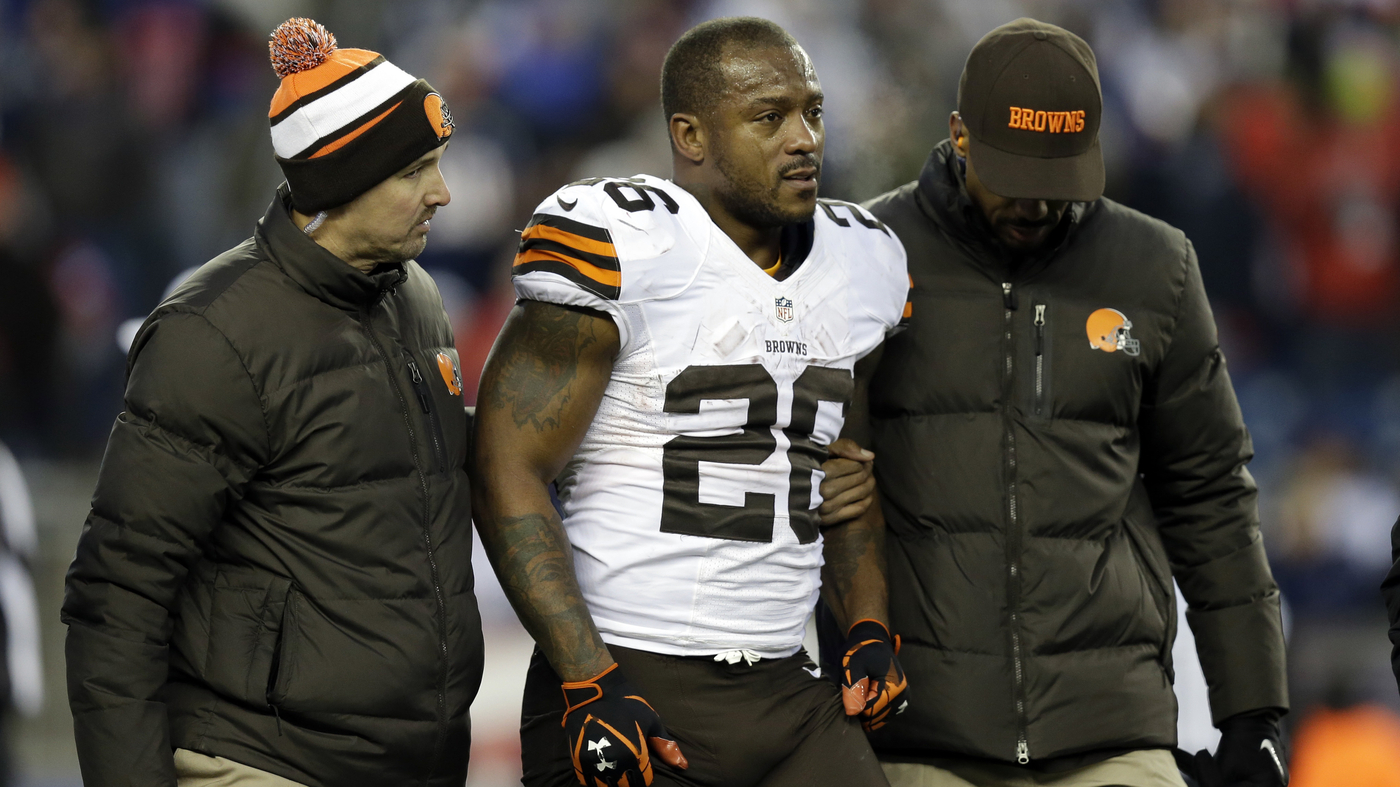
10 former players complain that the board engaged in repeated and substantial discrepancies of their responsibilities
The NFL Players’ Lawyers vs. the NFL: Arbitrary Treatment of Players’ Complaints and Claims for Unfair Denial of Benefits
According to the complaint, the doctors who analyzed the players were paid very handsomely by the league and therefore purposely minimized the players’ complaints in reports so the league would deny their applications to avoid payouts. The lawsuit states that doctors who made less were more likely to detect disabilities.
They are “seeking redress for the wrongful denial of benefits, the denial of statutorily mandated full and fair review of benefits denials, violations of plan terms or governing regulations, and breaches of fiduciary duty,” according to the complaint, which was filed Thursday in the U.S. District Court for the District of Maryland.
The lawsuit seeks to be given class action status, the removal of the six members of the board – for “their repeated and substantial breaches of the fiduciary duty of loyalty to the Plan” – and an unspecified amount of money as compensation.
In 11 years, the doctor who evaluated Smith was never paid more than $72,500 by the board. From April 2015 through March 2016, he was paid $34,268. The doctor’s pay plummeted after he found 20 impairment points in Smith and the player was approved for disability benefits.
Eric Smith, who played for the New York Jets until 2012, suffered 13 documented traumatic brain injuries. He was denied line of duty (LOD) benefits in 2013 and his appeal was denied a year later, according to the lawsuit.
Smith was denied permanent and neurological disability by several physicians because of his head, neck, and back impairments and shoulder arthritis, despite being paid over $1 million.
“The disability plan, which is established by the NFL-NFLPA as part of the CBA, includes an uncapped financial commitment to provide benefits for any retired player that meets the eligibility requirements set by the parties,” an NFL spokesperson said in response to CNN’s request for comment.
“These eligibility requirements and administrative procedures were developed after consultation with occupational, mental and physical health experts. More than $330 million is given each year to deserving players and their families.
The benefits program has a board who reviews the activities of the office and the operation to ensure that all retired players who are entitled to disability benefits receive them as intended.
“We have to have a system where we can identify who is eligible for the benefits and who is not, and that’s done with union and management,” he said. “And the facts are done independently by the doctors who make a determination of whether or not an individual qualifies under that program.”
The doctors decide on whether the benefit and an individual qualifies under that program. It takes away the benefit from people who do qualify for it, so you want people to benefit from it.
“You want people to benefit from it and not take away from people who are already eligible for it.” People will always think they’re qualified if doctors and the board don’t agree. That’s a way the system works, but I would tell you the benefits in the NFL are off the charts.”
The plaintiffs include Jason Alford, Daniel Loper, Willis McGahee, Michael McKenzie, Jamize Olawale, Alex Parsons, Eric Smith, Charles Sims, Joey Thomas and Lance Zeno.
Several of them had their applications for benefits denied on multiple occasions, marred by conflicting reports from doctors with denial rates often exceeding more than 90%, the lawsuit says.
The plaintiffs point out that physicians are supposed to be neutral, but the league does not have a system in place to audit physicians’ reports or collect data on how many claims are approved or denied, and does not penalize those who make inaccurate or incomplete reports.
A Decision on the Classification of Disability Benefits for Running Backs in a Racquetball Probable Environment, argues Dr. Michael A. McGahee
Yearly disability compensation can range from $65,000 a year to $265,000 a year, depending on if the injury was sustained while performing activities for the league or not, and how long ago the injury happened.
A doctor for McGahee, who played 11 years as a running back, incorrectly stated McGahee was unimpaired, despite several tests showing impaired cognitive function, and used McGahee’s demographic information, including his race, to estimate his IQ prior to the injury, the lawsuit says.
In Sims’ decision letter, the seven-person board stated that one member didn’t believe that Sims had sustained injuries during his four years of playing running back in the league. Therefore, the board could not agree on a classification for Sims’ benefits, the lawsuit says.

